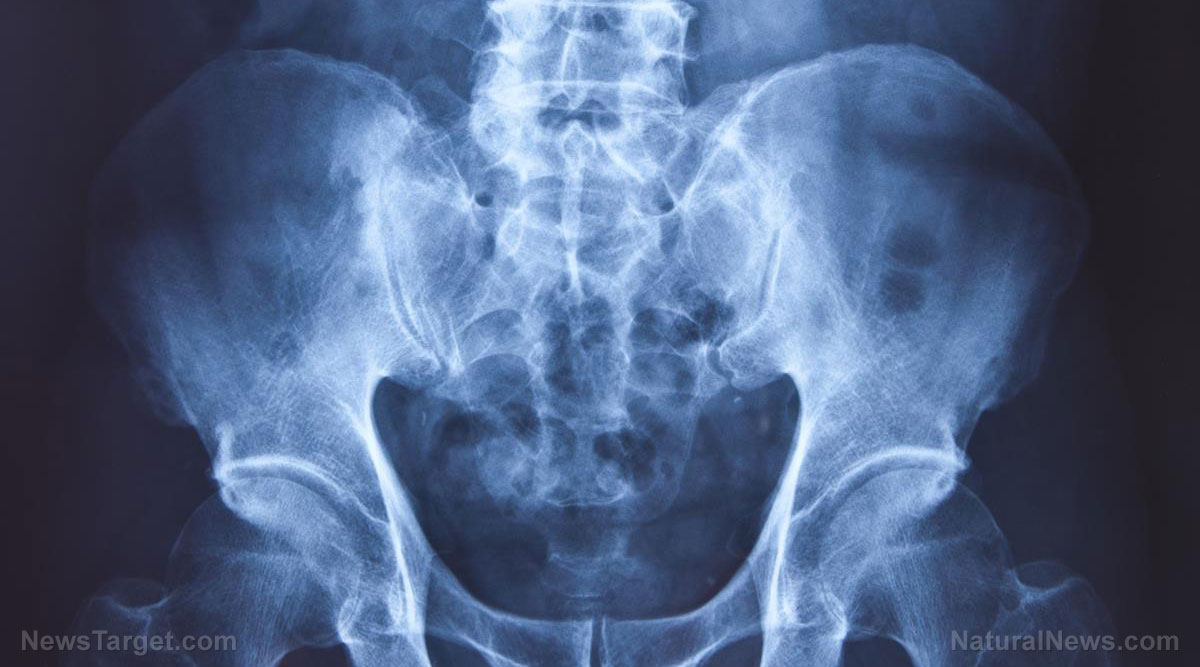Active duty Army personnel have worse heart health than civilians: Action must be taken to help soldiers become heart-healthy, note scientists
01/30/2020 / By Arsenio Toledo

Soldiers are regarded as some of the most physically fit individuals, as their occupation demands for them to be at peak health conditions. However, a study published in the Journal of the American Heart Association reveals that a smaller proportion of active US Army personnel have ideal cardiovascular health compared to the civilian population. The recent research points out that less than one-third of soldiers who participated in the study had ideal blood pressure compared to about half of civilians who were tested.
Researchers evaluated a group of 263,000 active-duty US Army personnel between the ages of 17 and 64 who had a health examination in 2012, and a similar group of American civilians. These civilians participated in the National Health and Nutrition Examination Survey administered between 2011 and 2012.
The findings stood in contrast with the study’s initial assumptions. The researchers expected the soldiers to have ideal heart health due to the Army’s regular health screenings and emphasis on the physical condition of their soldiers. (Related: Low intake of fresh fruits and vegetables linked to cardiovascular death: Following a balanced diet boosts heart health.)
Gauging ideal heart health
These groups were evaluated under four guiding criteria: weight, blood pressure, current rate of tobacco smoking and diabetes. These components represented four out of the seven possible health factors that the American Heart Association (AHA) considers when gauging for ideal cardiovascular health. They were unable to assess three other metrics – total blood cholesterol, diet and physical activity – due to the Army providing insufficient data. Each of the four factors that could be tested was classified as either poor, intermediate or ideal according to the criteria given to the researchers by the AHA.
The survey showed that, overall, a greater proportion of the Army personnel got a score of ideal when it came to diabetes and smoking tobacco. Researchers were quick to point out that the difference when it came to smoking was minimal. The biggest disparity came when they evaluated blood pressure. Only an estimated 30 percent of soldiers had ideal blood pressure compared to 55 percent of civilians. This is very surprising considering that the US Army’s initial screening prohibits potential recruits with elevated blood pressure levels from enlisting.
“Ideal weight and blood pressure metrics were strikingly low in both active duty personnel and civilians,” said Loryana L. Vie, study author and professor at the University of Pennsylvania. Her research found that only a third of both the Army and the civilian groups had ideal weight and that about 20 percent of both groups were active tobacco smokers.
Wake-up call for health in the Army
Vie herself was very surprised by these results, believing that the the Army group would score better in terms of their health due to the higher fitness standards required to get into the Army and the need to maintain your strength while serving.
Their metrics were no better when the groups were divided by age categories. For every single age group the researchers evaluated, the civilian population showed a higher percentage of those who had ideal cardiovascular health in all four criteria. However, the overall rates were still quite low.
The millennial generation, in particular, scored pretty low, with only 16 percent of civilians and 10 percent of Army personnel between the ages of 17 and 29 receiving an ideal score in all four categories.
Darwin R. Labarthe, another senior author and professor from Northwestern University, has said that their research could help the Army identify a point of concern when it comes to the health of their soldiers, and that this is a call for them to better evaluate their people. Furthermore, he said that this study will recommend further research that focuses on addressing possible lapses in Army nutrition, as well as analyzing the effects of deployment experience on troop health. “Ultimately, we need to help our soldiers become heart healthy.”
Sources include:
Tagged Under: American soldiers, blood pressure, cardiovascular health, heart disease, heart health, military, prevention, soldiers, US Army, US military, veterans
RECENT NEWS & ARTICLES
COPYRIGHT © 2017 PREVENTION NEWS



















